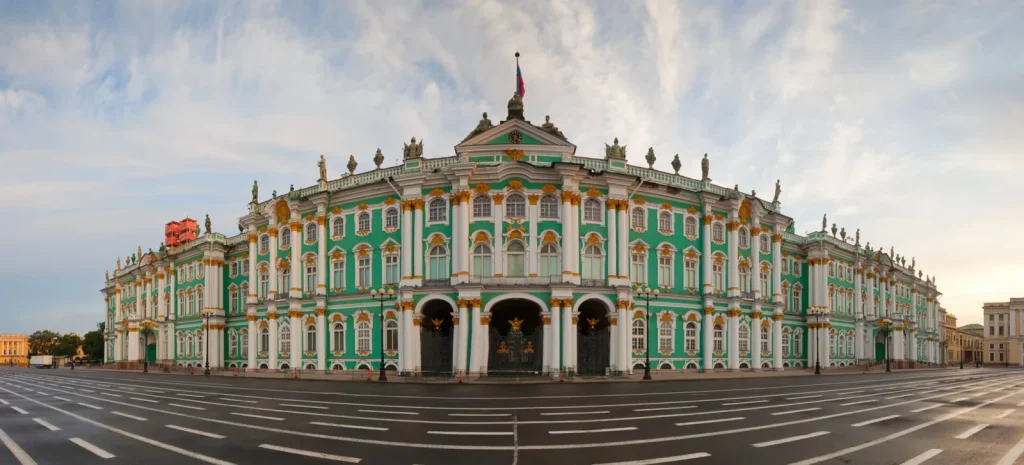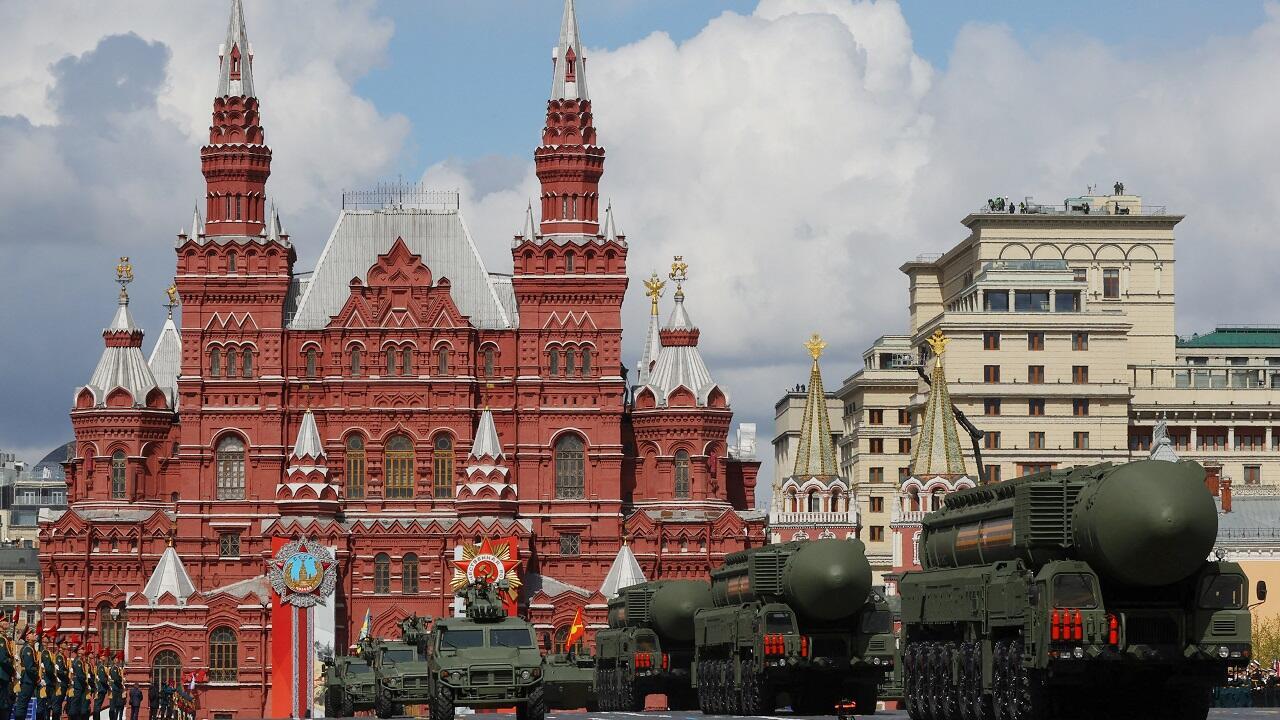Russia, with its vast territory, rich history, and achievements in science and education, has become an attractive study destination for international students. From its historical landmarks and cultural diversity to modern universities, Russia offers a unique opportunity for students seeking education abroad. In this comprehensive guide, we will cover everything you need to know about studying in Russia, including the benefits of Russian higher education, tuition fees, cost of living, visa processes, scholarship opportunities, and much more.
Overview of Russia
Russia is the largest country in the world by land area, with a population of approximately 145 million people. Every year, millions of tourists and students from around the world are drawn to the country to experience its cultural diversity and high-quality education opportunities. According to the United Nations Human Development Index, Russia ranks 52nd, and in the World Happiness Report, it stands at 76th. These rankings suggest that Russia offers a moderate to high quality of life, making it an appealing option for international students.
Russia is home to several prestigious universities and research institutions that are globally recognized for their academic and scientific achievements. Studying in Russia provides students with the opportunity to receive high-quality education at world-renowned institutions, while also immersing themselves in a culturally rich environment that fosters a global perspective.
Higher Education in Russia: General Information and Advantages

Russia’s higher education system offers a wide range of programs for students, with over 741 universities spread across 82 regions of the country. These universities provide more than 400 different undergraduate, graduate, and doctoral programs. According to the QS World University Rankings, Russia has one university in the top 100, 16 universities ranked between 100-500, and 18 universities between 500-1000 globally. Many of these universities offer programs in both Russian and English, catering to the needs of international students.
Russian universities are part of the Bologna Process, meaning that their degrees are recognized across Europe, which helps students access international job opportunities. Below, we explore the main advantages of studying in Russia.
Advantages of Studying in Russia
- Established Academic Tradition: Russian universities have a long-standing academic tradition and are known for their rigorous education standards, particularly in fields like engineering, medicine, and the sciences.
- International Recognition: Degrees obtained in Russia are recognized in Europe and many other countries, thanks to the Bologna Process.
- Affordable Costs: Compared to many Western European countries, Russia offers more affordable tuition fees and living costs, making it an economical choice for higher education.
- Wide Range of Programs: With over 600 programs available at the undergraduate, graduate, and doctoral levels, students have a diverse selection of academic disciplines to choose from.
Tuition Fees for Higher Education in Russia
Tuition fees in Russia vary depending on the university and program. Below is a general overview of the tuition costs:
- 1-Year Russian Preparatory Course: 160,000 rubles
- 4-Year Undergraduate Degree: 122,500 to 880,000 rubles per year
- 5-Year Specialist Degree: 122,500 to 632,500 rubles per year
- 2-Year Master’s Degree: 147,000 to 460,000 rubles per year
- 3-Year Doctoral Degree: 79,300 to 413,000 rubles per year
Tuition fees depend on the university, program, and language of instruction. Programs taught in English tend to be more expensive compared to those in Russian. However, there are several scholarship opportunities available for international students to help reduce these costs.
Top Universities in Russia
Russia is home to several highly esteemed universities, known for their academic excellence and international recognition. Here are some of the most notable institutions:
- Lomonosov Moscow State University: As Russia’s oldest and most prestigious university, Lomonosov is renowned for its programs in social sciences, engineering, and medicine.
- Saint Petersburg State University: The second-oldest university in Russia, known for its excellence in law, economics, and the humanities.
- Moscow Institute of Physics and Technology (MIPT): A leading institution in engineering and technology, MIPT is globally recognized for its strong focus on research and innovation.
Cost of Living in Russia for Students
The cost of living in Russia varies depending on the city. Major cities like Moscow and Saint Petersburg tend to have higher living costs, while other regions offer more affordable options. Below are some examples of typical living expenses in Russia:
- Studio Apartment Rent (City Center): 33,138 rubles per month
- Monthly Public Transportation Pass: 2,200 rubles
- Meal at a Restaurant: 600 rubles
- One Kilogram of Cheese: 605 rubles
Most universities offer student dormitories at affordable rates. Dormitory costs range from 500 to 5000 rubles per month, which makes them a popular choice among international students.
Dormitory Costs at Notable Universities
- Higher School of Economics (HSE): Average monthly fee of 2,000 rubles
- Moscow Institute of Physics and Technology: Starting at 1,187 rubles per month
- Novosibirsk State University: Approximately 1,200 rubles per month
Admission and Application Process for Russian Universities
To apply to a university in Russia, students must prepare several documents and take entrance exams as required by the university. The application process generally involves submitting the following documents:
- Identification Document (Passport) and Notarized Copy
- Academic Transcript
- Entrance Exam Certificate and Invitation Letter
- Medical Certificates (HIV, COVID-19, etc.)
- Student Visa (obtained from the Russian Consulate after receiving an invitation letter)
Once accepted, students will need to legalize their documents so that they are recognized in Russia. For Turkish students, this means that diplomas and other official documents must be certified by the relevant Russian authorities to facilitate the application process.
Scholarships and Financial Support for International Students
Russia offers numerous scholarships to encourage talented students to pursue their education. These include government-funded scholarships, scholarships provided by universities, and merit-based opportunities. The Russian government also organizes educational competitions (known as Olympiads) for outstanding students, who can win scholarships or even direct admission to universities.
For more information on scholarships, students can visit the official StudyInRussia.ru website, which provides the latest updates and guides on available financial aid options.
Available Programs and Courses in Russia
Russian universities offer a diverse range of programs at different academic levels, including undergraduate, graduate, doctoral, and specialist training. Specialist programs, typically in fields like medicine and engineering, last between five to six years and provide a practical approach to education.
English-Taught Programs: Many Russian universities offer programs in English, making it an attractive choice for international students. However, most of these programs require a specific score in English proficiency tests like TOEFL or IELTS for admission.
Career Opportunities After Studying in Russia
Graduating from a Russian university opens up numerous career opportunities both in Russia and internationally. Many universities have partnerships with companies, helping students secure internships and job placements. Fields such as engineering, technology, and medicine offer particularly promising career prospects.
Challenges of Studying in Russia
While there are many benefits to studying in Russia, there are also challenges that prospective students should consider:
- Climate: Russia’s harsh winters can be challenging for students coming from warmer climates. In many regions, temperatures can drop to -20 degrees Celsius or even lower during the winter months.
- Language Barrier: For students who do not speak Russian, the language barrier may be challenging initially. However, most universities offer preparatory language courses to help students adapt.
Conclusion and Recommendations
Studying in Russia provides a wide range of benefits, including affordable tuition, recognized degrees, and diverse educational opportunities. It also allows students to experience a different culture and broaden their horizons. However, it is important to be prepared for the challenges, such as the cold climate and potential language barriers.
If you are considering studying in Russia, we recommend visiting the StudyInRussia.ru website for detailed information on universities, programs, and scholarship opportunities. By doing so, you can get a clear picture of what to expect and how to best prepare for this exciting journey.
Interested in Learning More?
If you found this guide helpful, you might also want to explore our other articles on studying abroad in Europe, understanding different visa requirements, and preparing for life as an international student. Feel free to reach out with any questions, and good luck on your educational journey!

